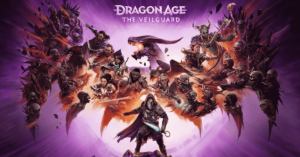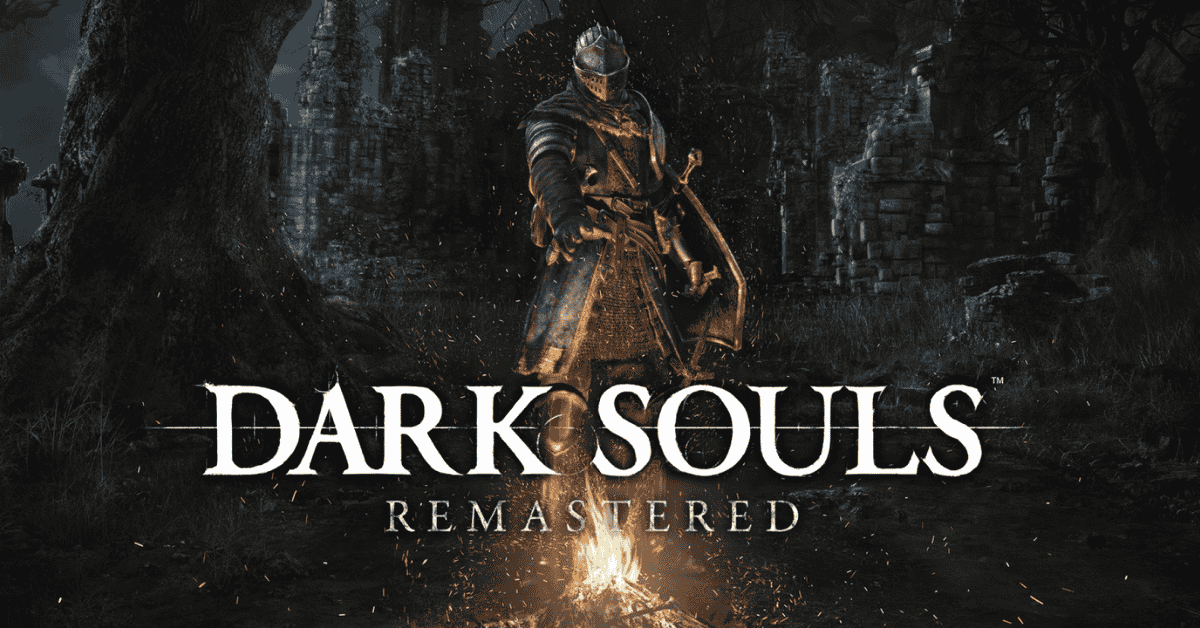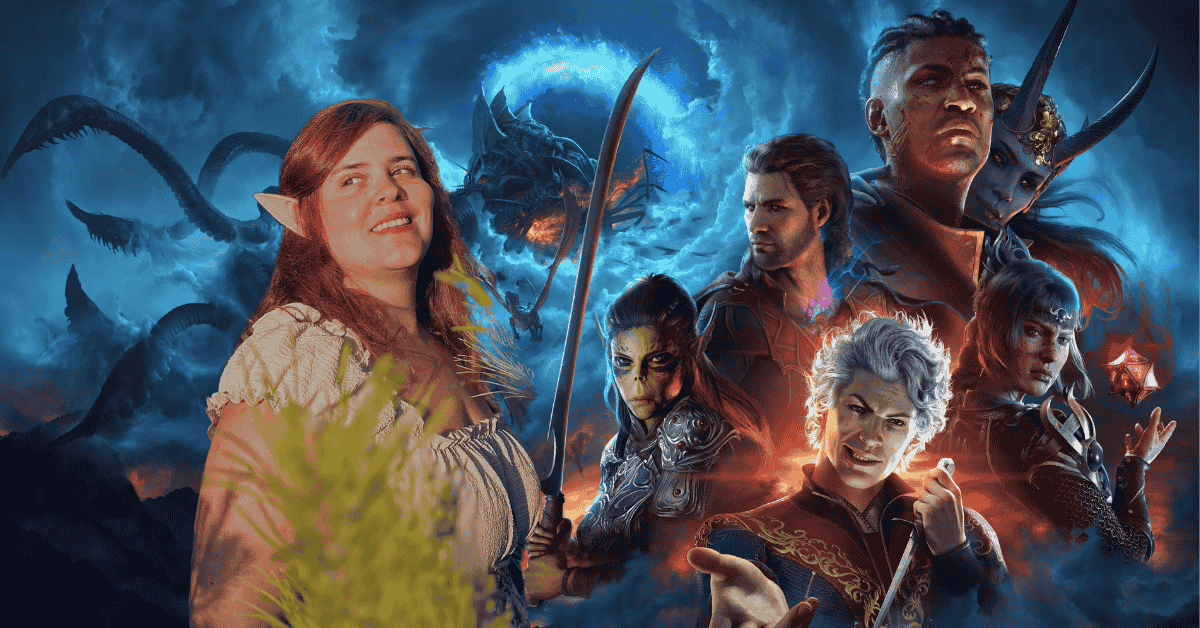In the world of video games, revisiting a beloved title through a remastered edition can be likened to leafing through an old, cherished novel where each scene unfolds as a familiar passage, albeit slightly altered. This is the setting for “Another Code: Recollection,” a game that unites the narratives of “Another Code: Two Memories” and its sequel “Another Code R: A Journey into Lost Memories.” Released for the Nintendo Switch, this collection aims to bridge the gap between two generations of players by enhancing the visual and interactive aspects of the originals. However, as often happens with retold stories, the charm of nostalgia sometimes clashes with the harsh light of modern expectations.
The adventure begins with “Another Code: Two Memories,” where we guide Ashley, having received a cryptic letter from her father, believed to be dead. This revelation takes her to the isolated Blood Edward Island, filled with puzzles shrouded in mystery. As Ashley unravels the island’s mysteries, the narrative smoothly transitions to “Another Code R: A Journey into Lost Memories,” where she revisits Lake Juliet. This new setting is laden with echoes of the past and family mysteries that continue the saga of discovery and facing personal and supernatural challenges, weaving a story that combines personal discovery with the eerie presence of the unknown. The initial promise of unraveling mysteries through an interactive narrative sets a seemingly captivating stage. However, the execution often appears slow and aimless.
A notable aspect of this remastered journey is the game’s pace, heavily dictated by the visual novel-style mechanisms and point-and-click exploration. These elements should, in theory, complement the narrative depth, allowing the player to absorb the nuances of the story at a leisurely pace. However, physical interaction with the game—walking, moving the camera, and even interacting with objects and characters—often becomes a test of patience. The controls, a fundamental aspect of modern games, retain an antiquated feel that is more frustrating than nostalgic. It is possible to adjust the camera speed, but the slowness that might have been standard when the game was originally released is now hard to swallow. For example, accidentally interacting with another character or object, it is not possible to speed up or skip the text; sometimes we have to watch cut-scenes over and over again for the same reason.

Visually, “Another Code: Recollection” offers a mix of updates. The character models have been refreshed, providing expressive avatars that carry the emotional weight of the narrative. This visual enhancement is particularly apparent during close-up interactions, where a flicker of emotion on a character’s face can convey more than dialogue. However, the environments often betray these advancements with textures that seem pulled from an earlier gaming era. This discrepancy is less jarring in handheld mode, where the Switch’s smaller screen forgives the less detailed landscapes, but it is still a contrast that occasionally pulls us out of the immersion.
The auditory experience, encompassing both the soundtrack and voice acting, enhances the narrative. The new music tracks weave through the scenes with subtlety that respects the game’s contemplative tone. However, the voice acting varies, with some performances being genuinely engaging and others feeling out of place. Emotional scenes sometimes lose their impact, not because the writing lacks substance, but because the delivery fails to capture the nuances of tension or sadness, making the dialogue seem forced.
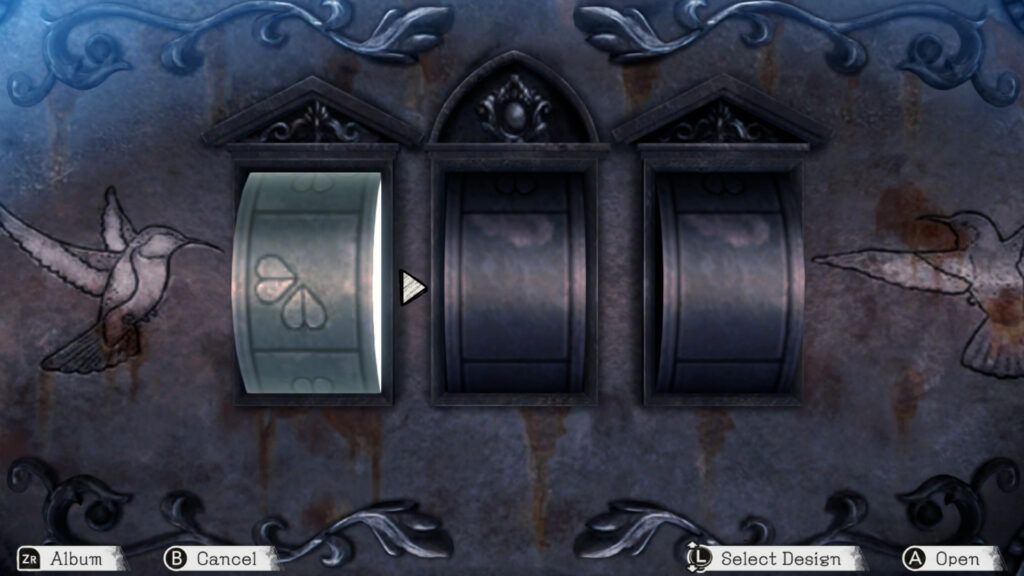
As for longevity, the game offers a duration of 15 hours. Perhaps a bit short for two titles in one, in a single playthrough, but it is typical for narrative-centered titles. But it is not the type of game that has replay value. Once the secrets are revealed, the incentive to return is minimal, unless one wishes to revisit the narrative moments in search of missed details or simply for the emotional experience of the journey again.
“Another Code: Recollection” is a game of juxtapositions—between the old and the new, between nostalgia and contemporary expectations. The game undoubtedly has charm for those who have walked with Ashley in previous adventures, offering a heartfelt reunion, although sometimes tedious, with captivating characters and mysteries. For those who are discovering it for the first time, the experience may prove to be somewhat frustrating—a slow unfolding of a story that could have been more engaging with a modern touch on the pace and interactivity. The narrative remains the strongest point, a testament to the series’ enduring ability to weave deep stories, even though they now show some signs of wear.
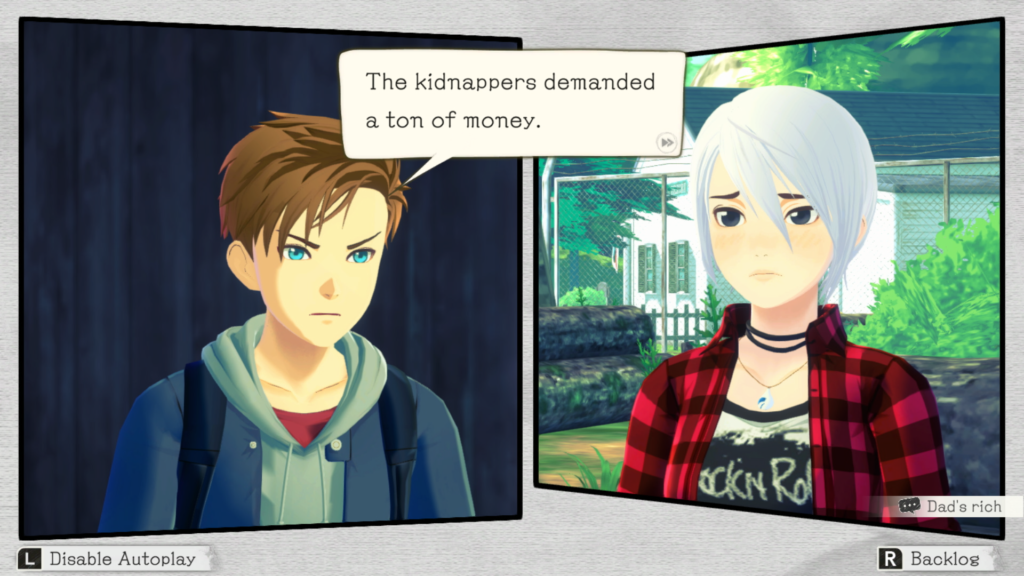
67%
Nostalgia in a remastered collection that captivates with its narrative depth, but occasionally stumbles on outdated gameplay mechanics.
In partnership with Moshbit Gaming.


